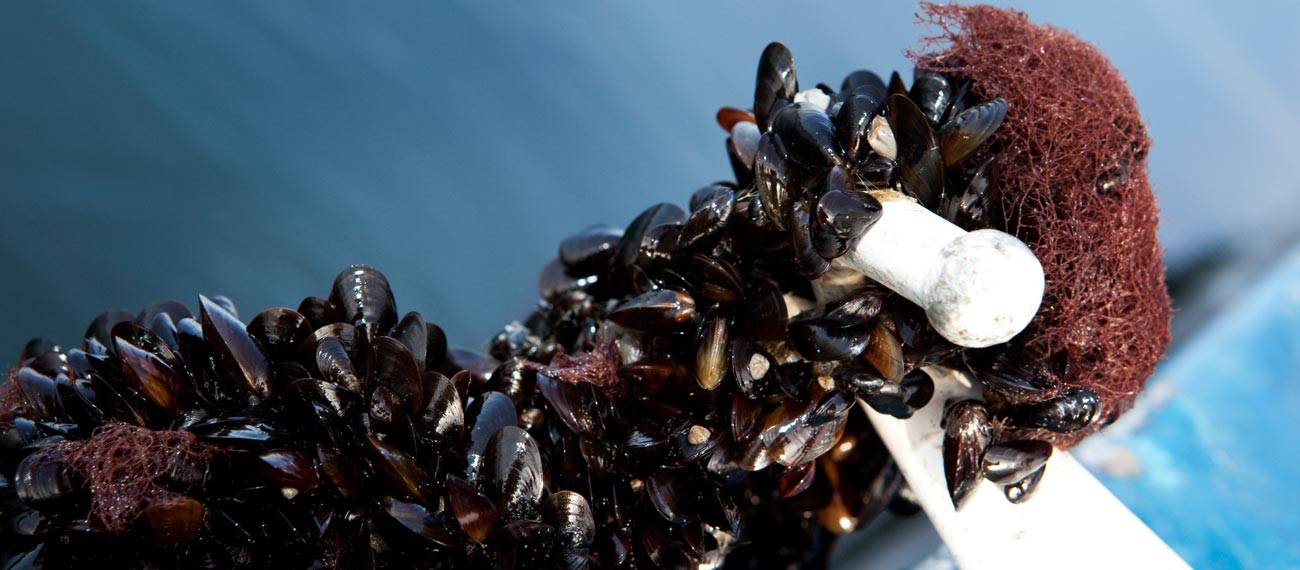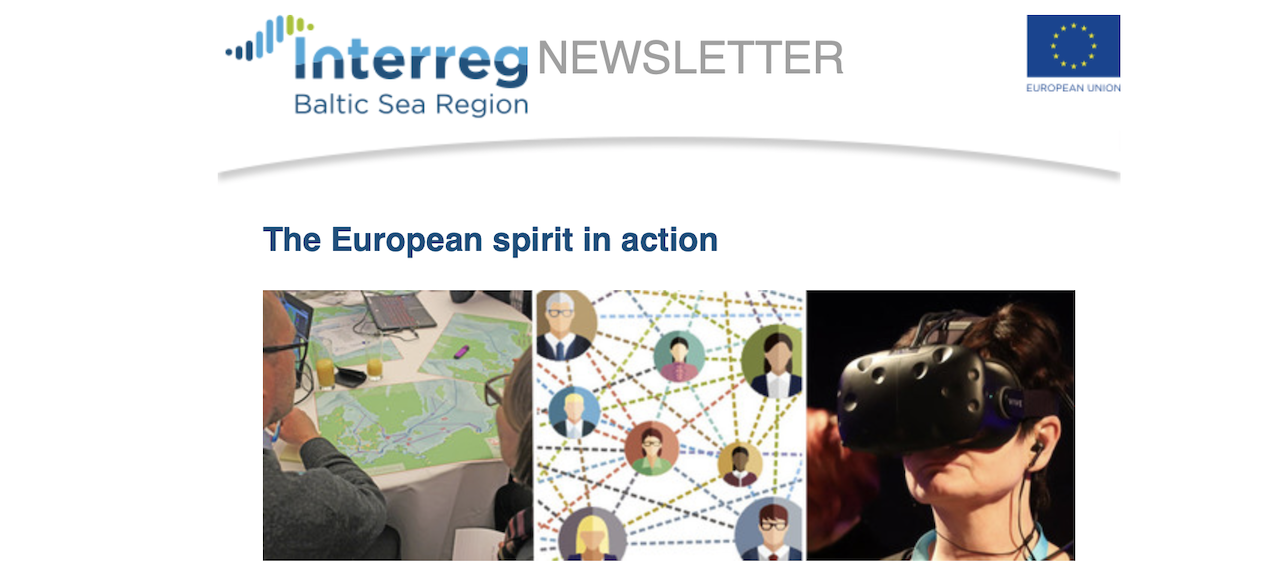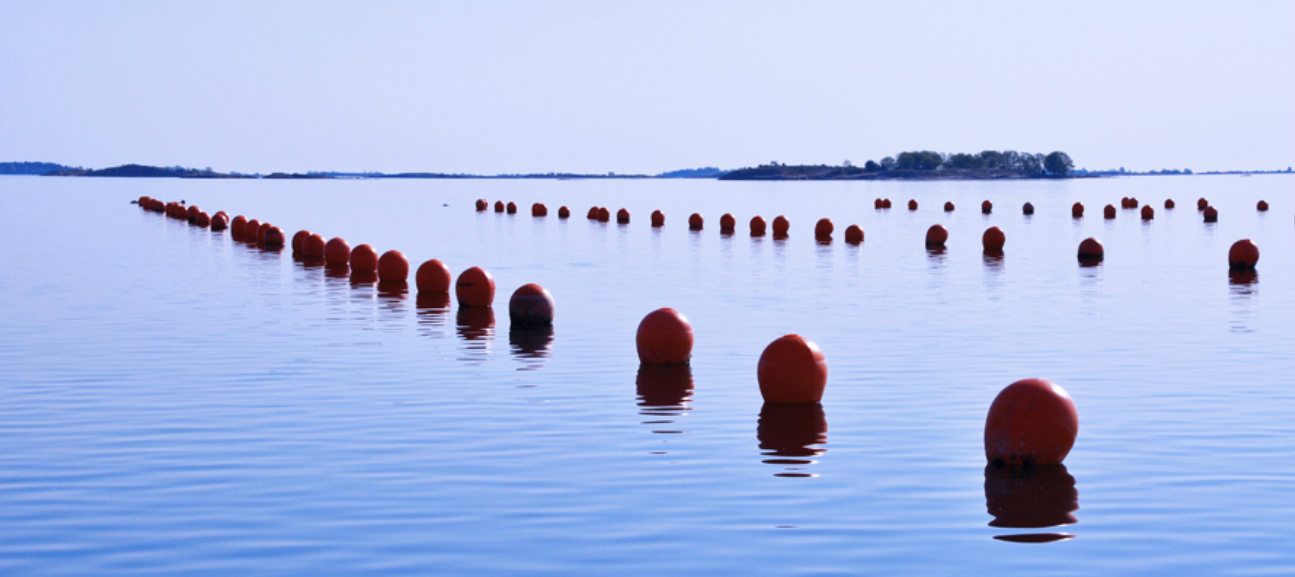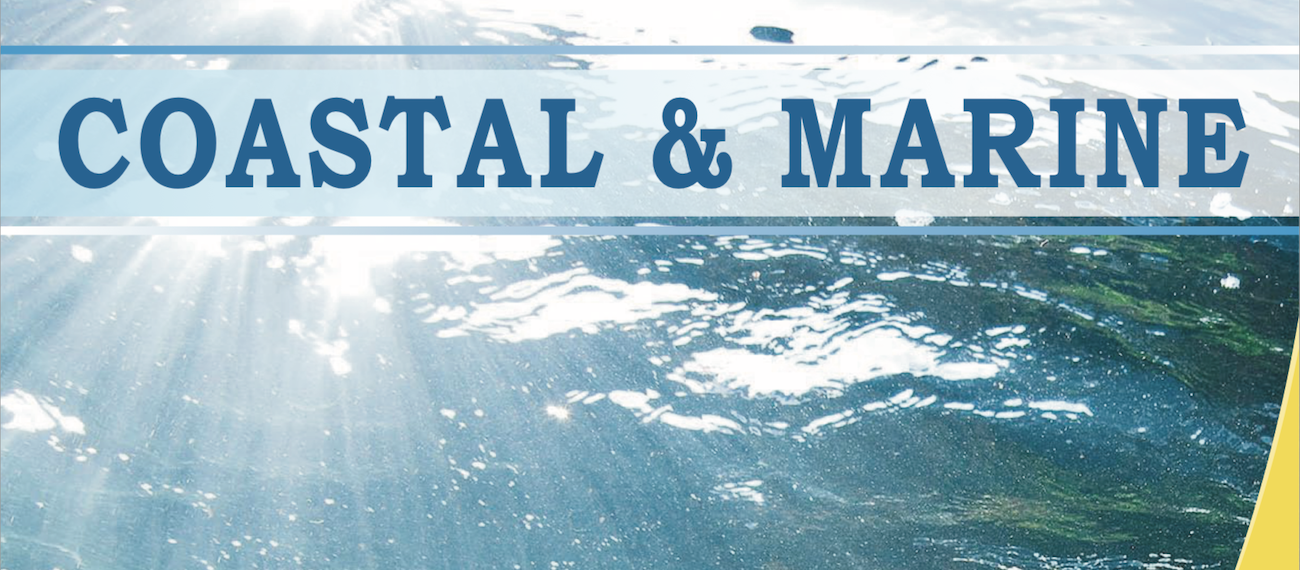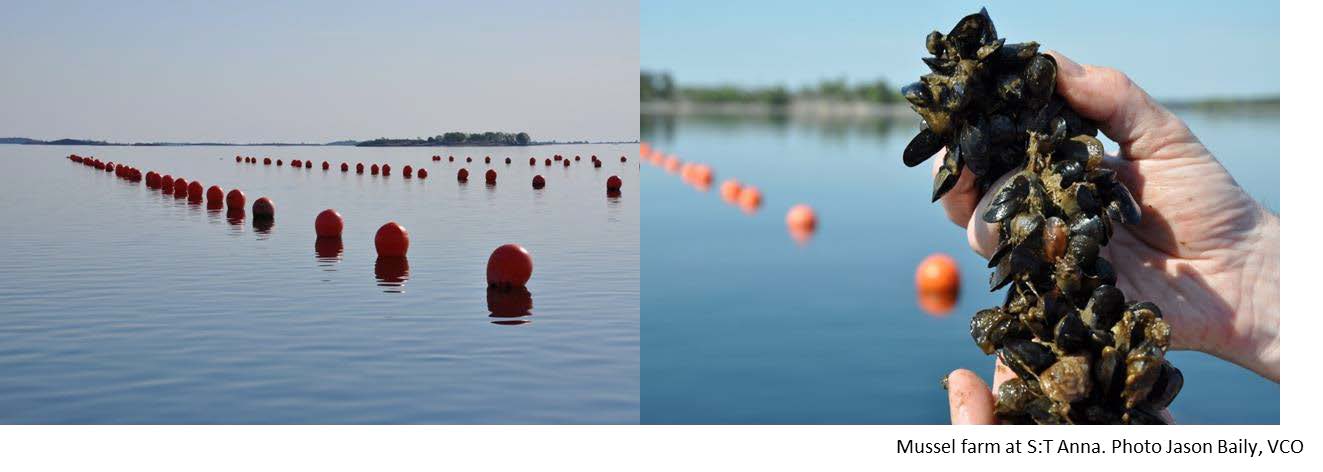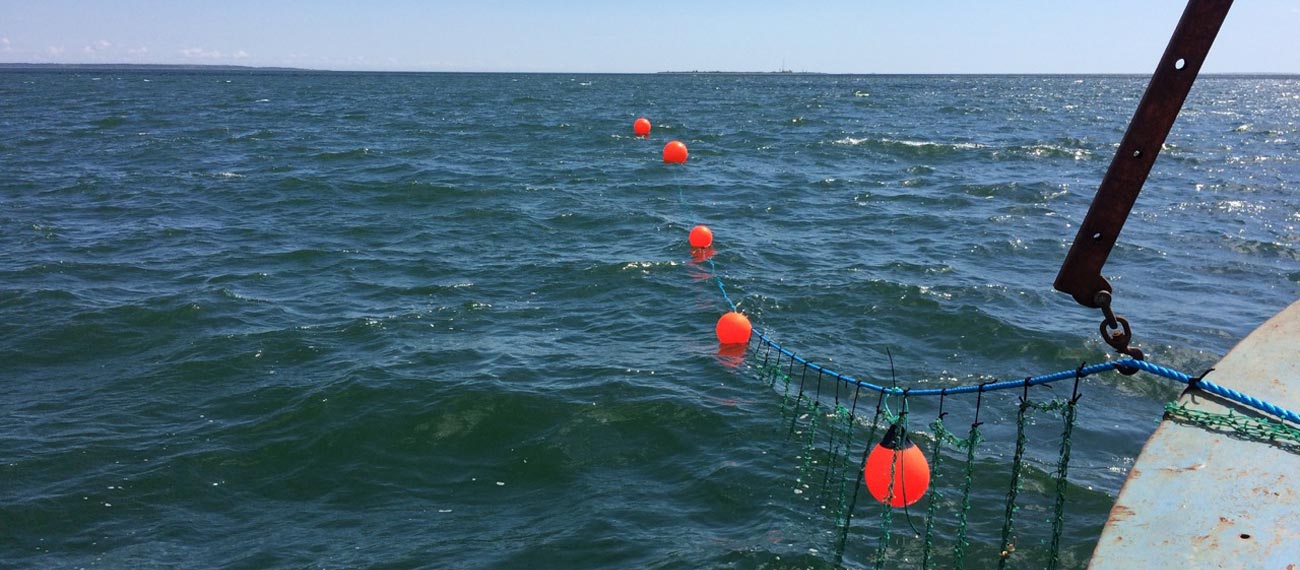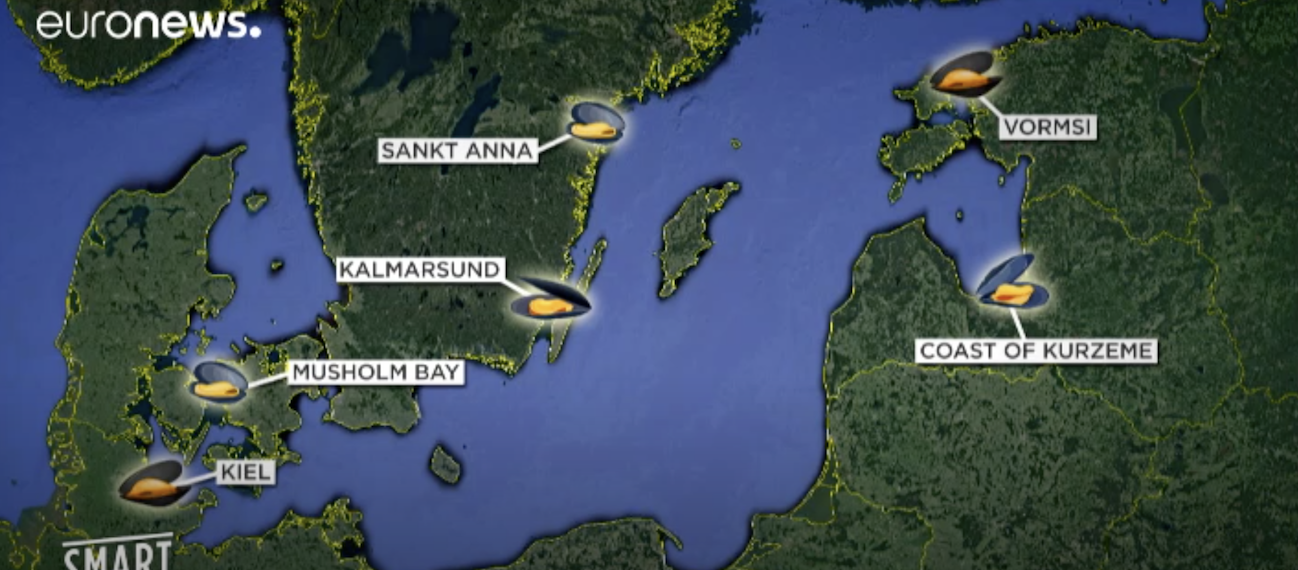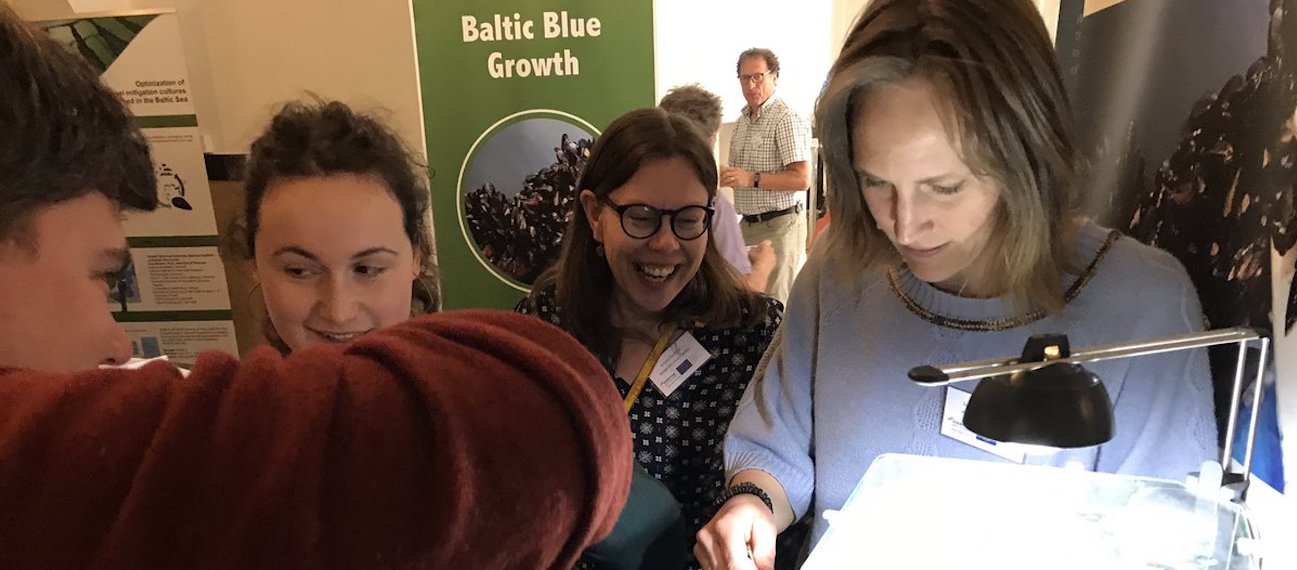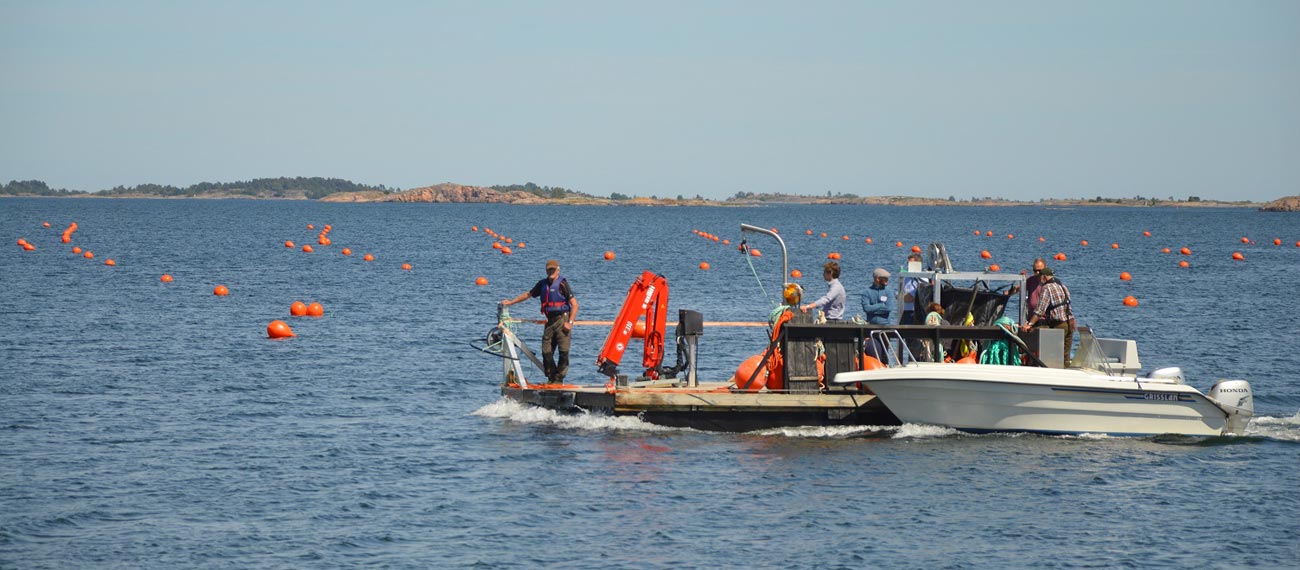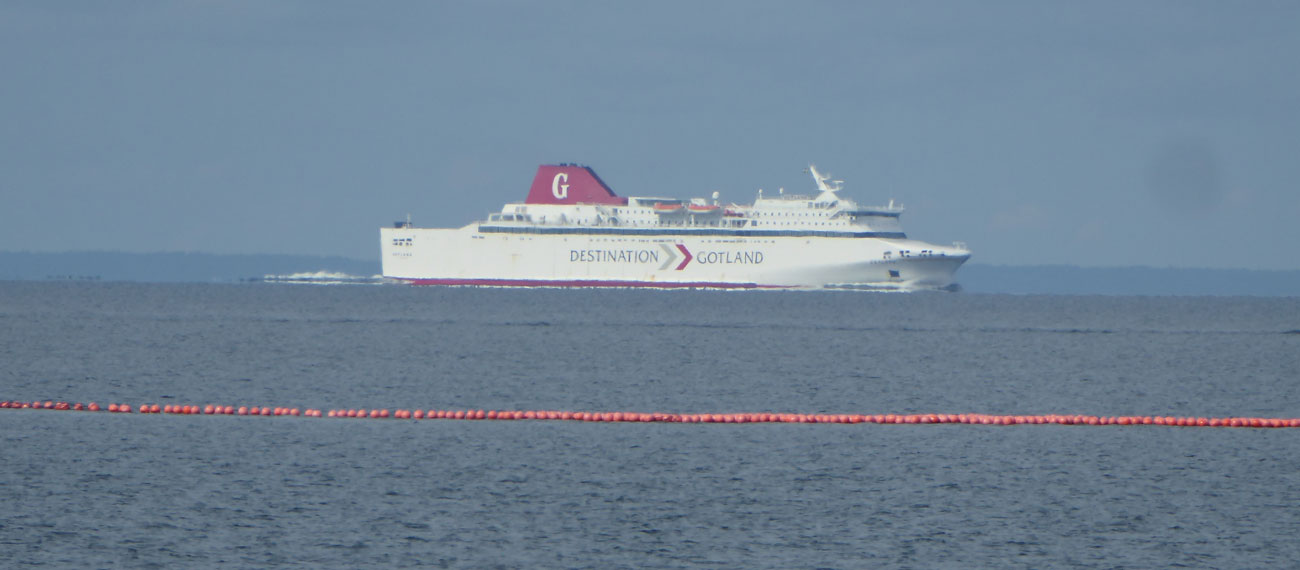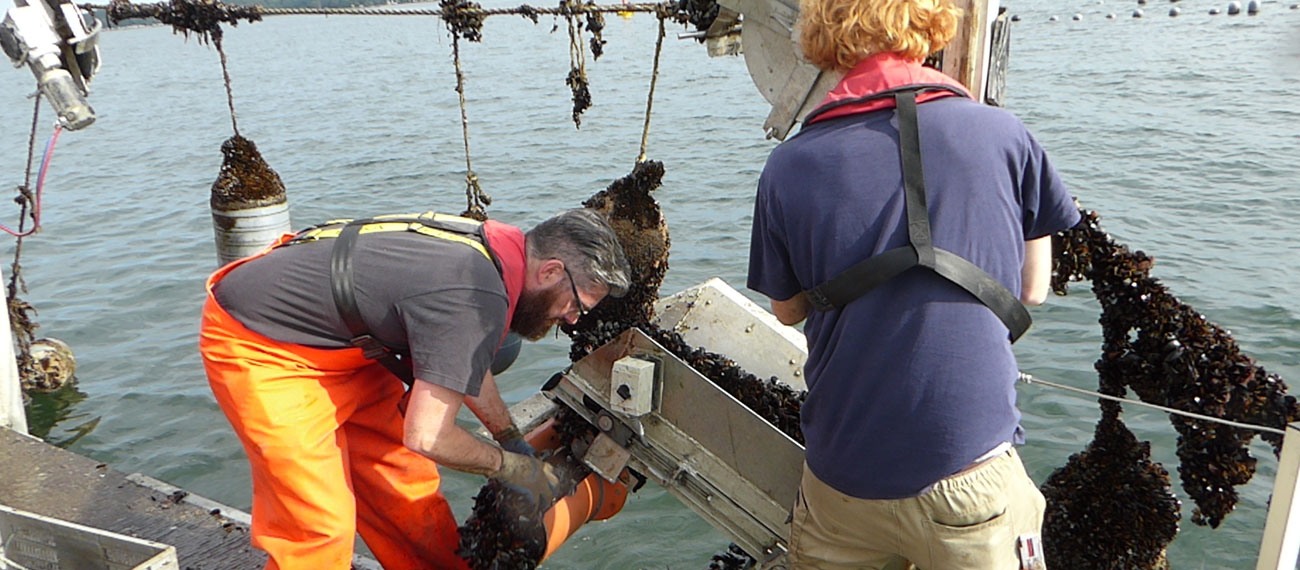Baltic Blue Growth news
-
SUBMARINER launches Mussels Working Group
The SUBMARINER Network has launched a Mussels Working Group to further research, promote and cooperate across the Baltic mussel production chain. A group of mussel farmers that were involved in the Baltic Blue Growth project have agreed to continue cooperation, to work on joint monitoring standards and to share and publish their data. The Working Group will also continue working on legal issues and potential certification of mussels.
-
BBG featured in the latest edition of the Interreg BSR newsletter
The Interreg BSR newsletter highlights the importance of the Baltic Blue Growth project mentioned by Commissioner Karmenu Vella at the EU Strategy for the Baltic Sea Region.
-
Baltic Blue Growth featured in French aquaculture magazine “Cultures Marines”
The SUBMARINER Network project Baltic Blue Growth was highlighted in an article published in the French aquaculture magazine “Cultures Marines” (in French).
Blue mussel farming in the Baltic Sea
The current issue of 'Coastal & Marine' is dedicated to projects and initiatives on blue mussel farming as a measure to improve the water quality in the Baltic Sea. Check out SUBMARINER Network's contribution "Full-scale mussel farming to counteract eutrophication and create new Blue Growth opportunities".'Mussel farming in the Baltic Sea as an environmental measure - new positive data' A factsheet from SLU Aquaculture in collaboration with SUBMARINER Network
New results show that mussel farms in the Baltic Sea can make a significant contribution to reducing eutrophication while supporting the circular economy and circular food production. In order to take mussel farming to the next step, further improvements to farm technology are required, larger farms must be implemented, and new knowledge is needed about how harvested mussels can be efficiently reintroduced back into the food system.
PA INNO Meeting on the EUSBSR revision process
Submariner Network participated in a meeting organized by PA Inno dealing with the EUSBSR PA INNO contribution to the EUSBSR revision process. As flagship project of PA INNO Submariner Network is an important element of the action plan of PA INNO.Baltic Blue Growth featured on blog post PA Nutri
The Baltic Blue Growth project has been featured in a blog post written by PA Nutri (Sanni Turunen, Policy Area Nutri Coordinator). The post elaborates on how the project has implemented several pilot mussel farms in the Baltic Sea and explored under which biological and financial conditions mussel farming is possible. The full post is included below.
Baltic Blue Growth project featured in Euronews
This week saw the broadcasting of the Baltic Blue Growth project on the Euronews channel. Congratulations to the project partners in Kiel and the Swedish University of Agricultural Sciences! ??BBG project finalised at the ‘Baltic Sea Mussel Farming and Nutrient Offset Conference’ in Malmö
In the context of the recently finalised ‘Baltic Blue Growth’ project, a conference was organised on 24 April in Malmö, Sweden, that brought together experts from across the Baltic Sea Region, including many representatives from Baltic mussels or mussels-related projects. The day was organised around three sessions, focusing on Science and Technology; Business and Finance; and Outreach.
The mussel farms
Six farms in different parts of the Baltic Sea form the basis for the project.
The farms have been selected with the aim of covering different
environmental conditions and different cultivation techniques.Sankt Anna archipelago, Sweden
The mussel farm in the sheltered Swedish Sankt Anna archipelago is the first full scale long line farm at the Swedish East coast.
Kalmarsund, Sweden
The Kalmarsund farm is located in an exposed area of the Kalmarsound. The estimated harvest for this farm in 2018 in 50 tonnes.
Musholm Bay, Denmark
The existing mussel farm in the Musholm Bay has been extended with different mesh-size substrates to test maximum nutrient uptake.
Kiel Bay, Germany
The Baltic Blue Growth mussel farm in the Kiel Bay is an extension to the existing farm producing mussel for human consumption.
Kurzeme Coast, Latvia
The Baltic Blue Growth farm in Latvia is located in the open waters to compare costs and benefits with existing farms in sheltered sites in other parts of the Baltic Sea Region.
Vormsi island, Estonia
This easternmost Baltic Blue Growth farm is cultivating mussels in the same area as red algae.-
Sankt Anna archipelago, Sweden
The mussel farm in the sheltered Swedish Sankt Anna archipelago is the first full scale long line farm at the Swedish East coast.
-
Kalmarsund, Sweden
The Kalmarsund farm is located in an exposed area of the Kalmarsound. The estimated harvest for this farm in 2018 in 50 tonnes.
-
Musholm Bay, Denmark
The existing mussel farm in the Musholm Bay has been extended with different mesh-size substrates to test maximum nutrient uptake.
-
Kiel Bay, Germany
The Baltic Blue Growth mussel farm in the Kiel Bay is an extension to the existing farm producing mussel for human consumption.
-
Kurzeme Coast, Latvia
The Baltic Blue Growth farm in Latvia is located in the open waters to compare costs and benefits with existing farms in sheltered sites in other parts of the Baltic Sea Region.
-
Vormsi island, Estonia
This easternmost Baltic Blue Growth farm is cultivating mussels in the same area as red algae.
#BalticBlueGrowth

